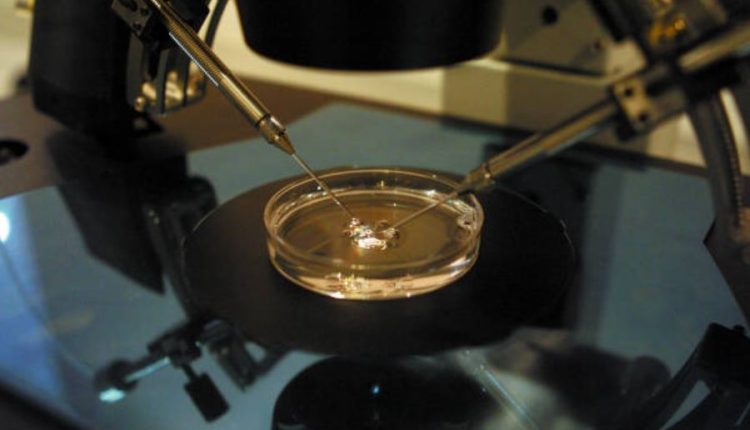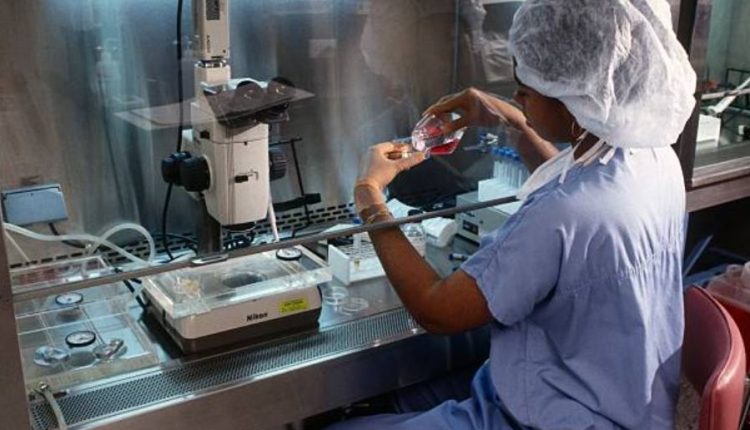
Two Alabama clinics have resumed in vitro fertilization (IVF) services following the signing of legislation by Governor Kay Ivey aimed at protecting both providers and patients from potential legal consequences in the wake of a contentious Alabama Supreme Court ruling.
The decision to restart IVF services comes after a period of uncertainty triggered by the Alabama Supreme Court’s ruling last month. The court’s decision classified IVF embryos as children, raising the specter of legal liability for individuals involved in their destruction.
Legislation Protects IVF Providers and Patients
In response, several clinics temporarily suspended their operations to ensure the safety and security of their staff and patients.
Governor Ivey underscored Alabama’s commitment to supporting families through IVF, emphasizing the state’s stance as pro-life and pro-family. The signing of the legislation marked a decisive step in providing clarity and protection for IVF providers and patients amidst the legal ambiguity generated by the court ruling.
Among the clinics resuming operations is Alabama Fertility Specialists, which had temporarily closed following the court ruling. Expressing gratitude for the swift legislative action, the clinic highlighted the significance of immediate access to IVF services for patients seeking to grow their families.
Additionally, the University of Alabama at Birmingham announced its intention to restart IVF services on Thursday, further signaling a return to normalcy for IVF patients in the state.
Read more: Artificially Sweetened Beverages Linked To Increased Risk Of Atrial Fibrillation
IVF Clinic’s Response to New Legislation

However, not all clinics have embraced the new legislation. One clinic that halted IVF treatment following the court ruling expressed reservations about the adequacy of the legal protections provided by the new law.
Infirmary Health Systems and the Center for Reproductive Medicine voiced concerns about the law’s failure to address existing stored fertilized eggs and its potential challenges for physicians and fertility clinics assisting families in their quest for children.
Criticism of the legislation has also emerged from the Alabama House Democratic Caucus, which contends that the law falls short in addressing the complex legal questions surrounding embryonic personhood. The absence of clarification on the state’s definition of ‘personhood’ has drawn scrutiny and raised concerns among critics.
As Alabama’s IVF clinics navigate the legal landscape shaped by recent developments, the resumption of services represents a pivotal moment for patients and providers alike. While the legislative action provides a measure of assurance, ongoing debates surrounding reproductive rights and legal definitions underscore the complexity of the issues at hand.
Read more: Mississippi’s Medicaid Expansion: A Surprising Shift In The Southern Health Landscape

